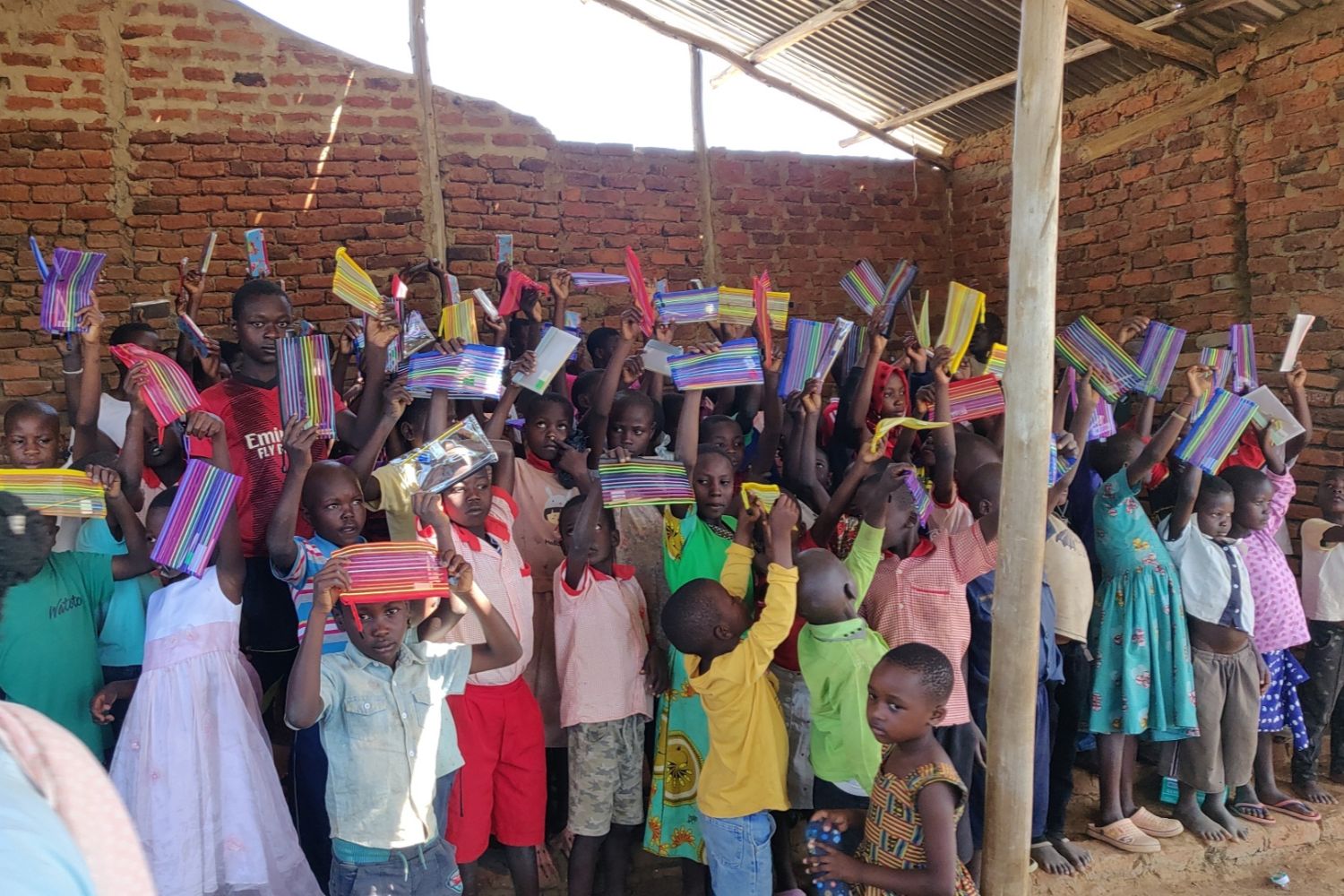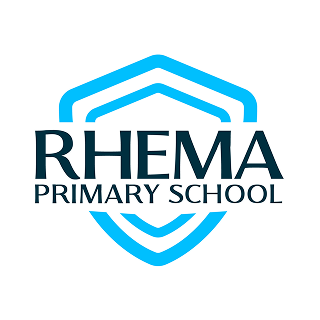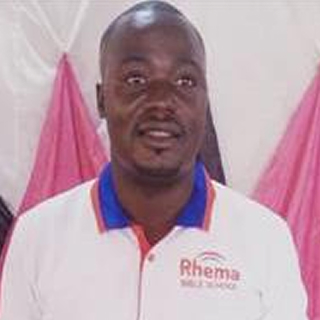Rebuilding safe classrooms in Uganda with solar-powered learning spaces
Go back
Fund capital used
£1,510
A $1,970 donation to the Rhema Orphanage Nursery & Primary School in Sapiri Village, Uganda , to complete their classroom reconstruction project.
The initiative focuses on painting, decorating, and installing solar electricity in four newly built classrooms that serve 200 children. This phase builds on months of community-led construction and marks the transition from rebuilding to creating a fully functional and inspiring learning environment.

